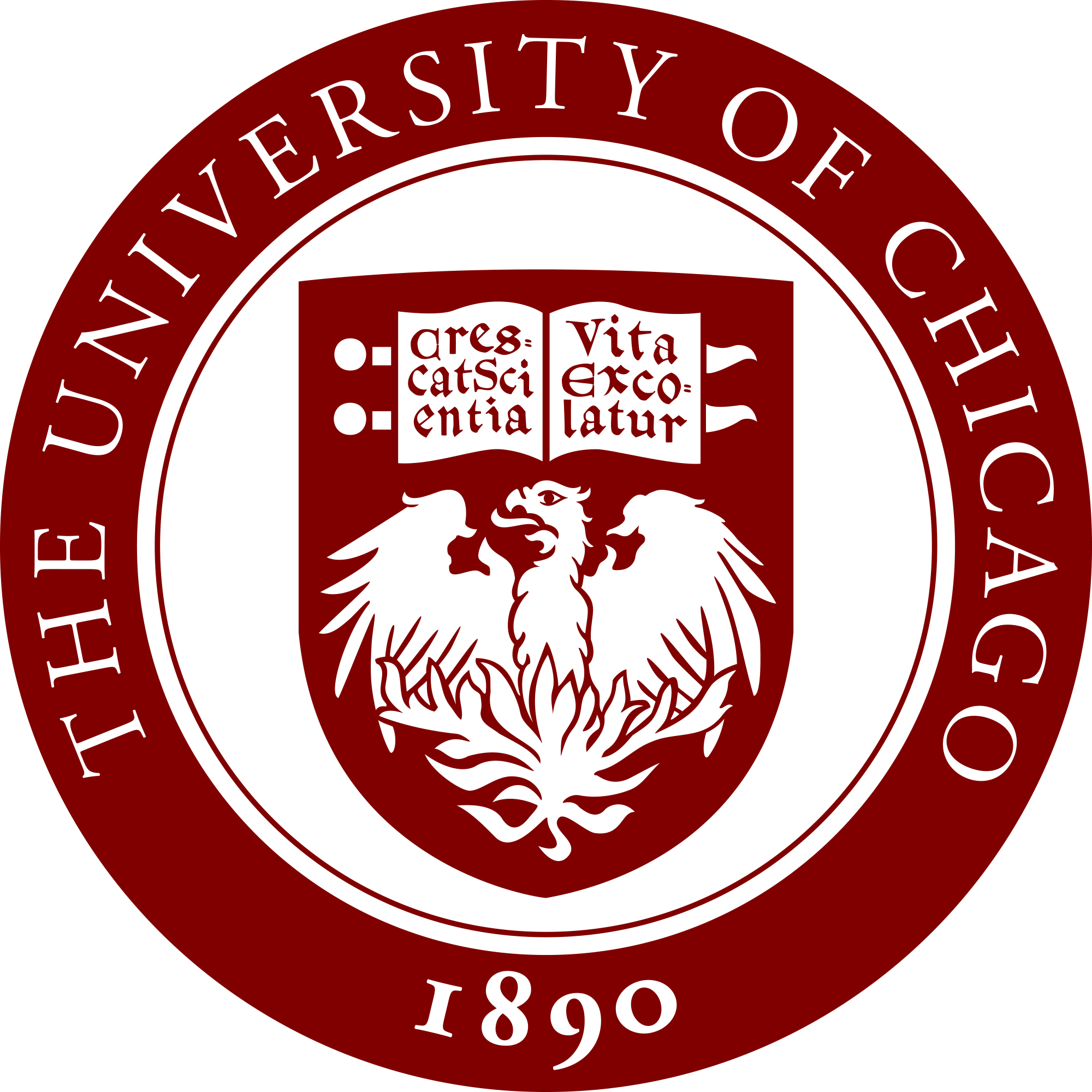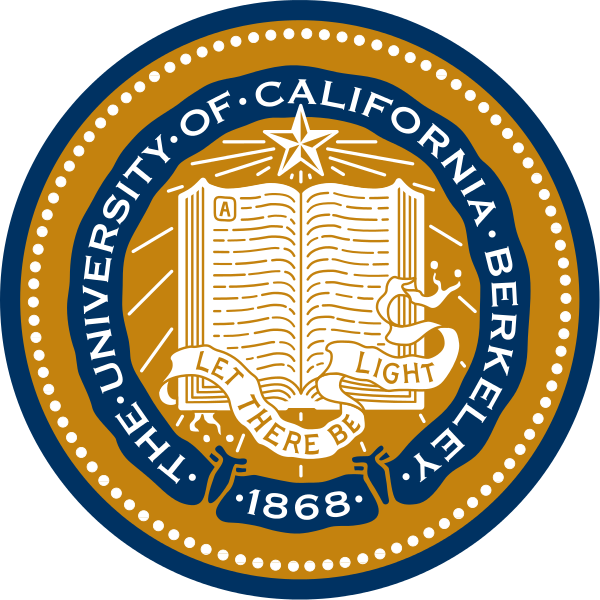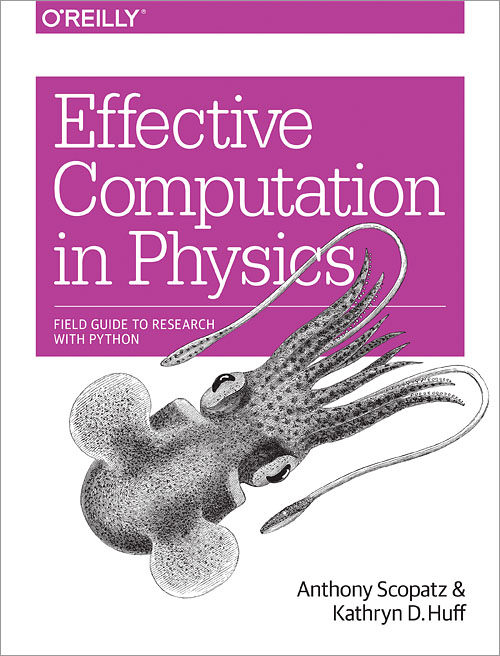What We Maintain
We Defend
SciPy 2025
Tacoma, WA
July 9, 2025
Kathryn (Katy) Huff





























 Over 400 repositories, over 70 in Python
Over 400 repositories, over 70 in Python
 157 repositories, 35 in Python
157 repositories, 35 in Python
 Over 600 repositories, over 100 in Python
Over 600 repositories, over 100 in Python
 216 repositories, 19 in Python
216 repositories, 19 in Python
 Hundreds of repositories, Dozens in Python
Hundreds of repositories, Dozens in Python
 Over 1k repositories, Hundreds in Python
Over 1k repositories, Hundreds in Python
 Over 1k repositories, Hundreds in Python
Over 1k repositories, Hundreds in Python
 135 repositories, 12 in Python
135 repositories, 12 in Python
 39 repositories, 15 in Python
39 repositories, 15 in Python
 52 repositories, 17 in Python
52 repositories, 17 in Python
 Two repositories, neither in Python
... yet.
Two repositories, neither in Python
... yet.
Continuing to do open science is enough.
But, if you want to do more...
- consider goverment GitHub orgs
- at federal, state, and local levels,
- browse the repos,
- review the issues,
- and do what you do best.
If you can use SciPy,
you can fix issues in SciPy.
And if you can repair bugs in SciPy,
you can repair bugs in the world.
THE END
katyhuff.github.io/2025-07-09-scipy
What We Maintain, We Defend by Kathryn Huff is licensed under a Creative Commons Attribution 4.0 International License.
Based on a work at http://katyhuff.github.io/2025-07-09-scipy.